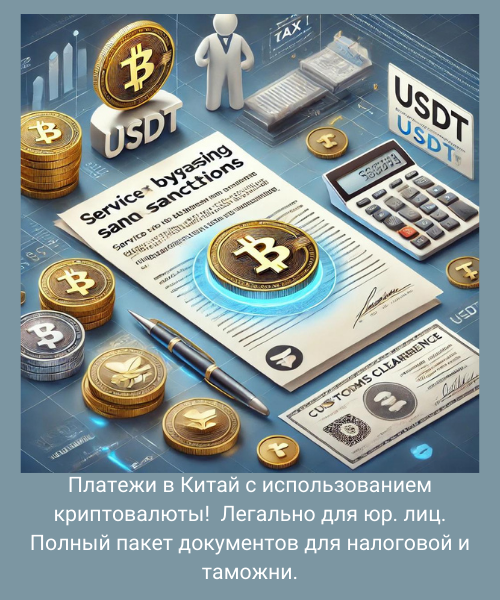What is an Initial Coin Offering (ICO)?
An Initial Coin Offering (ICO) is a fundraising method used by cryptocurrency startups to raise capital. It involves the sale of a new digital token or cryptocurrency to investors in exchange for established cryptocurrencies like Bitcoin or Ethereum.
These tokens typically represent a stake in the project as a whole, or give access to the project’s developing services.
How Does an ICO Work?
- Concept and Whitepaper Creation
- Announcement and Marketing
- Token Design and Creation
- Pre-sale and Private Investment
- Public ICO Launch
- Investor Participation
- Smart Contract Deployment
- Token Listing on Exchanges
- Project Development and Implementation
- Community Engagement and Updates
- Project Launch and Ecosystem Expansion
- Ongoing Communication and Growth
The History of ICOs: From Bitcoin to Ethereum
The concept of ICOs can be traced back to the early days of Bitcoin. In 2013, Mastercoin (now called Omni) conducted the first-ever ICO, raising over 5, 000 Bitcoin (worth around $500, 000 at the time).
However, it was the launch of Ethereum in 2014 that revolutionized the ICO landscape. Ethereum introduced the concept of smart contracts, which made it easier for projects to create and distribute their own tokens.
The Benefits of Investing in ICOs
- High Return Potential
- Early VIP Access
- Portfolio Diversification
The Risks of Investing in ICOs
- Lack of Regulation
- High Volatility
- Scams and Bad Actors
How to Research and Evaluate Initial Coin Offerings
- Project Team Standing
- Technology Use-Case
- Whitepaper Quality
- Realistic Roadmap
- Active Community
- Established Partnerships
- Token Economics
- Legal and Regulatory Compliance
The Role of Whitepapers in ICOs
- Clarity
- Innovation
- Feasibility
- Transparency
ICO Legal and Regulatory Landscapes
The legal and regulatory landscape of ICOs is still evolving, with different countries taking different approaches to regulate this comparatively new fundraising method.
Currently (as of 2023), there is no global regulatory framework for ICOs, which has led to a lack of clarity and consistency across country-specific regulations.
The Future of ICOs: Trends and Predictions
- Security Token Offerings (STOs)
- Increasing Focus on Utility Tokens
- Increased Regulation
- Improved Investor Protection
- Shift Towards More Professional and Institutional Investors
ICOs vs. IPOs
Advantages of ICOs
- Access to a global pool of investors
- Lower barriers to entry for both projects and investors
- Potential for high returns
- Ability to raise funds quickly
Disadvantages of ICOs
- Lack of regulation and investor protection
- High volatility and risk
- Potential for scams and fraudulent projects
Advantages of IPOs
- Established regulatory frameworks and investor protection
- Access to experienced investors and advisors
- Greater credibility and trust from the public
Disadvantages of IPOs
- High costs and fees associated with IPOs
- Limited access to early-stage investments for retail investors
- Lengthy and complex process
Successful Initial Coin Offering (ICO) Examples
- Ethereum (2014)
- Filecoin (2017)
- EOS (2017-2018)
ICO Wrap-Up
Understanding Initial Coin Offerings is crucial for beginners who want to participate in the growing blockchain industry. ICOs offer new investment opportunities and the potential for high returns, but they also come with significant risks.
Before investing in an ICO, it’s important to conduct thorough research and evaluation. Factors to consider include the project team, technology, whitepaper, roadmap, community, partnerships, and legal and regulatory compliance.
Initial Coin Offering FAQs
- Q: Why do companies use ICOs to raise funds?
- A: ICOs offer a way for startups and projects to raise capital directly from the public, bypassing traditional financial institutions.
- Q: Are ICOs regulated?
- A: Regulations surrounding ICOs vary by country. Some jurisdictions treat ICOs as securities offerings and require compliance with securities laws, while others have issued guidelines or warnings to protect investors from potential scams.
- Q: What’s the difference between ICOs and IPOs?
- A: An ICO is similar to an IPO (Initial Public Offering) in that both involve raising funds, but ICOs are primarily used by cryptocurrency and blockchain projects, while IPOs are used by traditional companies to go public on stock exchanges.
- Q: How can I participate in an ICO?
- A: To participate in an ICO, you usually need to have a compatible cryptocurrency wallet and be prepared to send your cryptocurrency to the ICO’s designated address during the token sale period.
- Q: Are all ICOs legitimate?
- A: No, not all ICOs are legitimate. Some projects may be scams or have unrealistic promises. Investors should exercise caution, do due diligence, and be wary of projects that seem too good to be true.
Conclusion
ICOs have revolutionized the way startups raise funds and have opened up new investment opportunities for individuals.
As the industry continues to evolve, it is important for beginners to stay informed and educated about Initial Coin Offerings and the blockchain technology as a whole.
Rights reserved. © 2023 BITboosters.ru
Пульс Новости 7.29 из 10
- Значимость новости: 8/10 – Новая информация о рынке ICOs, которая может повлиять на инвестиционные решения и рыночные тенденции.
- Инновационная ценность новости: 5/10 – Новость не раскрывает существенно новых концепций или прорывных идей в сфере ICOs.
- Потенциальное влияние новости на рынок: 7/10 – Новость может повысить информированность о ICOs и возможностях для инвестиций, потенциально стимулируя активность рынка.
- Релевантность новости: 9/10 – Новость напрямую относится к рынку криптовалют и к теме ICOs.
- Актуальность новости: 7/10 – Информация в новости является актуальной, но учитывает исторические аспекты развития ICOs.
- Достоверность новости: 8/10 – Новость опубликована на авторитетном финансовом ресурсе, с использованием ссылок на официальные источники.
- Общий тон новости: 7/10 – Новость сохраняет нейтральный тон, предоставляя как преимущества, так и риски, связанные с ICOs.












